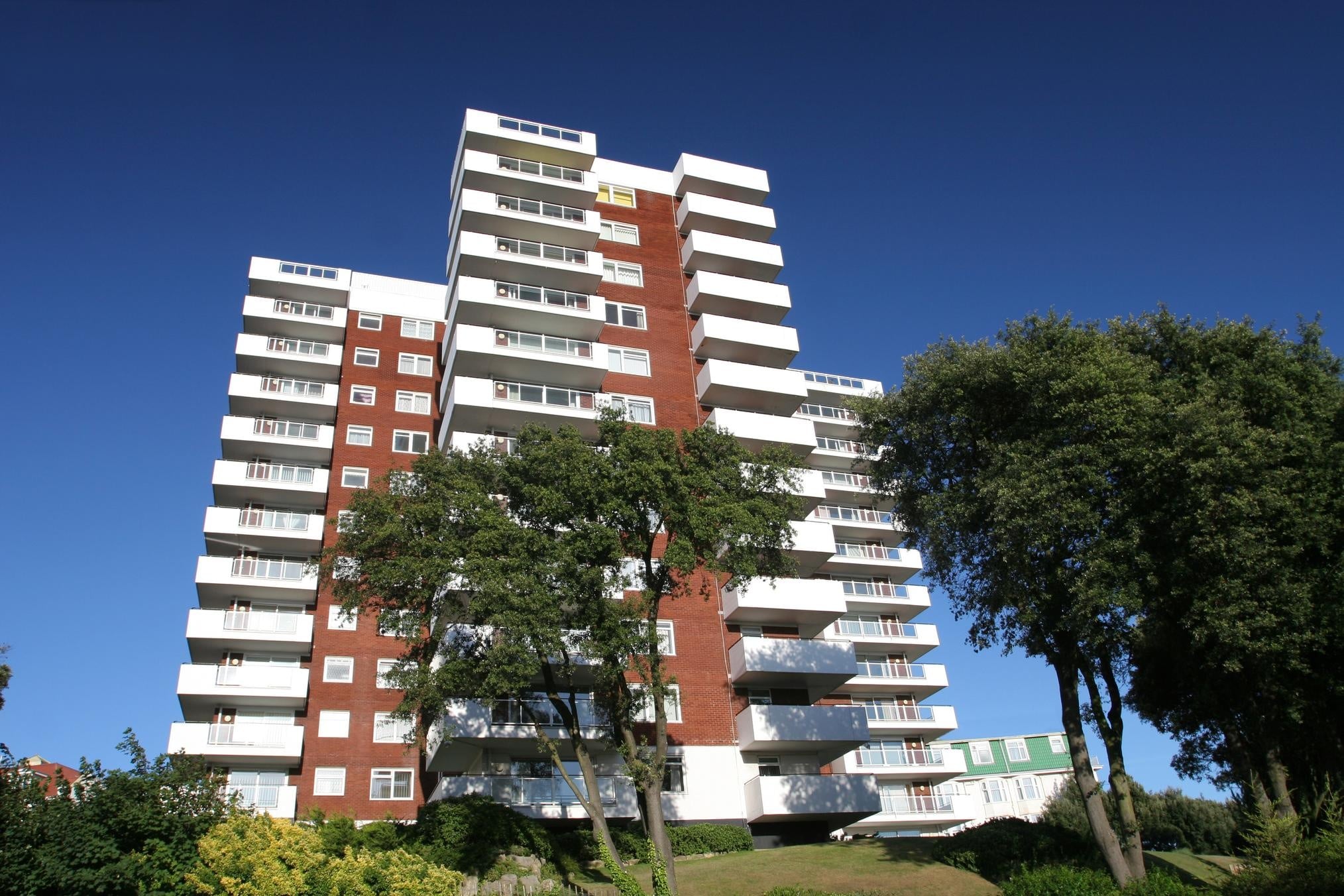Retrofit expert calls for data protection reform to help deal with UK’s epidemic of leaky homes.
The UK’s largest retrofit intelligence provider has called out the government for ignoring “the single biggest fix” to the UK’s broken Energy Performance Certificate (EPC) system – the use of real energy data from smart meters – due to outdated data protection rules and political timidity.
Anna Moore, CEO of Domna – which supports more than 15,000 home upgrades each year – warned that EPC reform would “fail before it starts” unless the government confronts the legal and regulatory blocks stopping smart meter data being used, despite 32 million devices being installed nationwide.
At the centre of the issue is the UK’s interpretation of the General Data Protection Regulation (GDPR) and the Data Access and Privacy Framework (DAPF), which prohibit smart meter data being used for public-good purposes – such as improving EPC accuracy – unless household-level opt-in consent is obtained. Even anonymised or aggregated usage data is difficult to access, with no legal obligation for suppliers or network operators to share it.
Moore said the current system is undermining public trust, misallocating funding, and missing opportunities to accelerate net zero and tackle fuel poverty.
“We’ve got 32 million smart meters in homes, but EPCs still rely on clipboard inspections and assumptions that haven’t been updated in decades. This is more than inefficient – it’s damaging. EPCs now determine whether landlords are fined, whether tenants get warm homes, and whether public funding delivers results. But the whole system is flying blind. Around 2 million homes are misclassified under current EPCs, while fuel poverty affects more than 6 million households. We’re wasting £9 billion a year on inefficient homes – and we can’t even use the data we already have to fix it.
The solution is sitting in plain sight. Domna’s own platform already combines synthetic smart meter data with property characteristics and geolocation to deliver 97%+ accuracy on energy demand – which we then test after retrofit. But if real smart meter data were unlocked securely and anonymously for public-good use, we could accelerate retrofit planning, performance-based finance, and carbon savings across the entire housing sector. Government must reform GDPR and DAPF to enable this – just as we do with NHS data. It’s time to stop hiding behind consent rules and start building systems that actually serve the public.”
Domna, which works with social housing landlords, private equity real estate funds and local authorities, uses its proprietary AI-led platform to model building-level energy demand. Its system integrates synthetic smart meter data with other sources including property characteristics, geolocation, and past performance, achieving around 97% accuracy in predicting the energy use of homes before and after retrofit. These predictions are then tested against real-world results post-upgrade to validate performance.
Analysis by Domna has found that the government’s current proposals fail to address core weaknesses in the EPC system and could result in severe consequences, including misdirected grant funding, poor enforcement, inflated energy bills, and millions left living in damp, unhealthy homes.
The company has delivered retrofit programmes for major clients including Stonewater, Midland Heart and the University of Cambridge. It supports a pipeline of over 15,000 homes a year and manages retrofit design, coordination and funding alongside data modelling.
Why This Matters
- 64% of UK homes are below EPC C – that’s 18 million properties (ONS, 2024)
- 1 million households are in fuel poverty (NEA, 2025), costing the NHS up to £2.5 billion/year
- EPCs influence mortgages, grants and landlord compliance – but are based on outdated visual inspections
- More than 2 million homes are misclassified as energy-efficient (Crawley et al., 2019)
- Domna modelling shows smart meter integration could deliver 97%+ EPC accuracy using anonymised usage data
Editor’s Notes
What’s stopping smart meter data being used?
Despite mass rollout, smart meter data remains locked away because of:
- GDPR – smart meter data is classified as personal data; even anonymised data access typically requires explicit opt-in consent
- DAPF (Data Access and Privacy Framework) – a separate UK framework restricting how smart meter data can be used or shared, even for public benefit
- There is no legal obligation for energy suppliers or network operators to share data with EPC providers or public sector partners
- There is no centralised repository – meaning data cannot currently be pooled and anonymised for broader housing decarbonisation planning
Domna and others are calling for:
- Reform of GDPR to include a public-good exemption for EPCs and net zero policy
- A “trusted processor” model – allowing anonymised, secure access to data (ONS, Electralink or BEIS could fulfil this role)
- Mandated, anonymised, opt-out access to usage data for housing decarbonisation
Sources:
- Open Energy (2024): Data Protection and Smart Meter Data
- Smart Energy Research Lab (SERL, UCL): Unlocking Smart Meter Data for Research
About the EPC consultations (May 2024)
The UK government recently closed two major consultations on the future of EPCs:
- Home Energy Model and SAP methodology reform – Consultation link
- Minimum Energy Efficiency Standards in the Private Rented Sector – Consultation link
While both acknowledge smart meters, neither mandates integration of smart meter data into EPCs.
About Domna
Domna is a retrofit intelligence and delivery specialist. It combines AI-driven modelling with regulated PAS2035-led site delivery to assess, value and deliver energy upgrades across residential portfolios.
- 15,000+ homes retrofitted annually
- 900,000+ tonnes CO₂ abated
- £7m+ in annual bill savings
- In-house team of 70+ PAS2035-qualified experts
- Clients: Stonewater, University of Cambridge, Midland Heart, NRLA members
Domna’s AI-led system fuses synthetic smart meter data with 4bn+ data points to predict retrofit performance with 97%+ accuracy, validating results against real-world energy use after works.
In Basildon, its modelling helped deliver:
- 23% bill savings, 26% carbon savings, £616k in avoided capex
- £512 per SAP point and £9,524 per tonne CO₂ cost-efficiency
Media Contact:
Andrew Teacher
Lauder Teacher Associates
